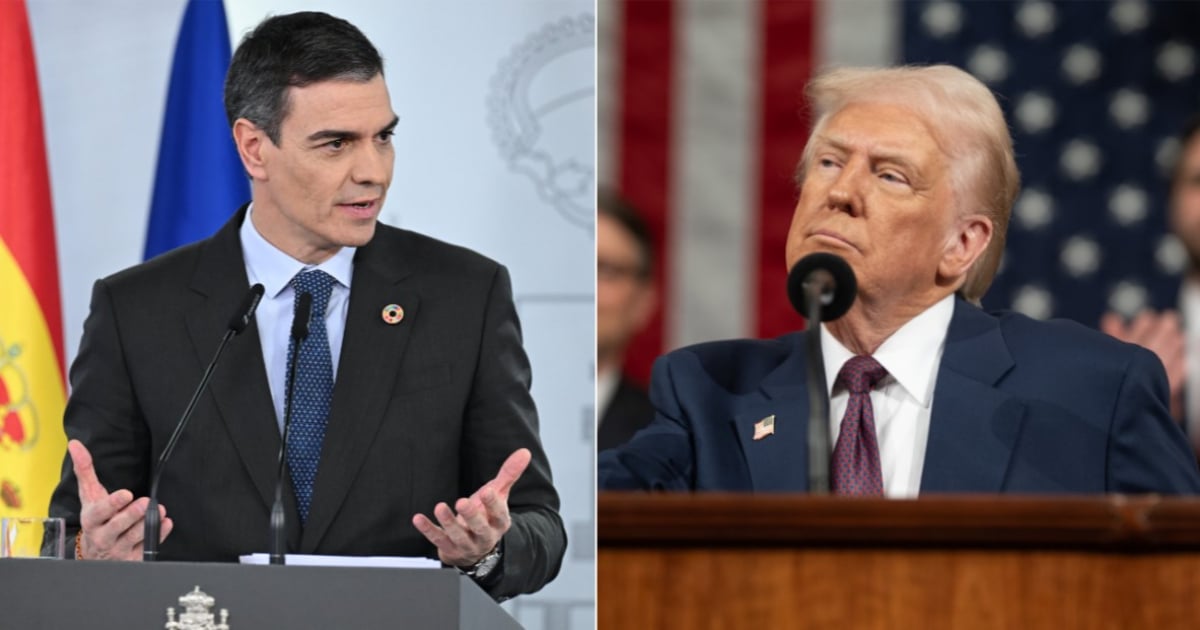Spanish Prime Minister Pedro Sánchez has issued a cautionary message to the administration of Donald Trump regarding the looming threat of a trade war between the United States and Europe. "We urge the U.S. government to rethink, to engage in dialogue, to build bridges. If that doesn't happen, we Europeans will have to protect ourselves. We don't desire a trade war, but we are prepared to face one," Sánchez declared on his account in X.
In his address to the Congress focused on European security and defense issues, Sánchez revealed that his administration is developing a contingency plan to cushion the impact on Spain's most vulnerable economic sectors, which could suffer from increased tariffs imposed by the U.S. administration.
The socialist leader criticized the current U.S. administration's approach, asserting that neither Spain nor Europe has warranted these commercial threats. He further emphasized that Spain's trade balance with the U.S. is in deficit and that his government has consistently supported American investments in Europe.
Against this backdrop, Sánchez urged Washington to reevaluate its stance and engage in discussions with the European Commission, the body responsible for the trade policies of the EU member states. "Build bridges, stop this nonsense, because if not, we will have to respond with three principles: proportionality, speed, and unity," stressed the Spanish Prime Minister.
Sánchez made it clear that while the European Union does not seek a trade war, it is prepared to face one if necessary. He explained that Spain is working in coordination with other European countries on a unified response rooted in proportionality and strategic intelligence.
Understanding the Potential US-Europe Trade Conflict
What was Pedro Sánchez's warning to the Trump administration?
Pedro Sánchez warned that if the United States does not reconsider its stance, Europe will be forced to defend itself against a potential trade war.
Why is Spain concerned about increased tariffs from the US?
Spain is concerned because increased US tariffs could adversely affect its most vulnerable economic sectors, prompting the development of a contingency plan.
How is the European Union preparing to respond to potential US trade actions?
The EU is coordinating a unified response among member countries, focusing on proportionality and strategic intelligence to handle any trade measures from the US.
